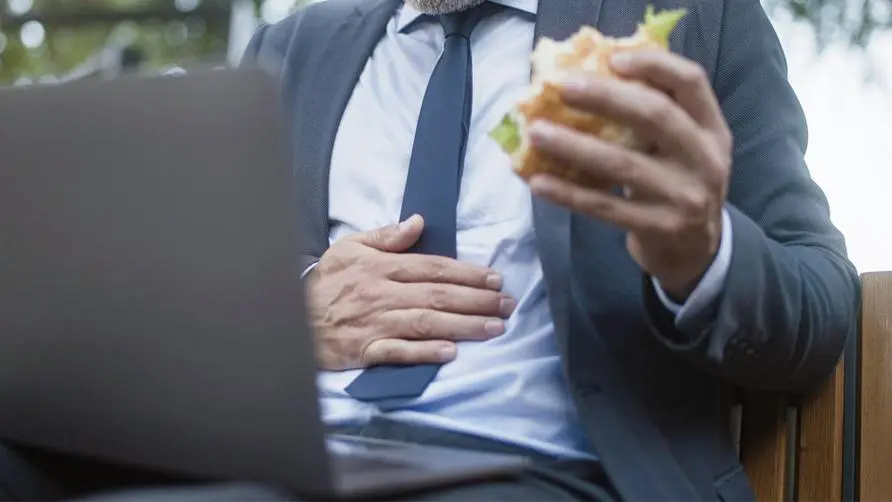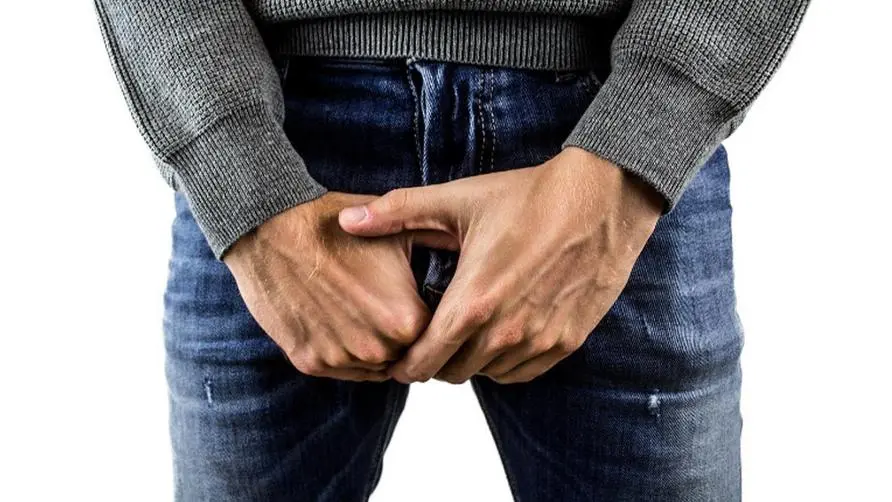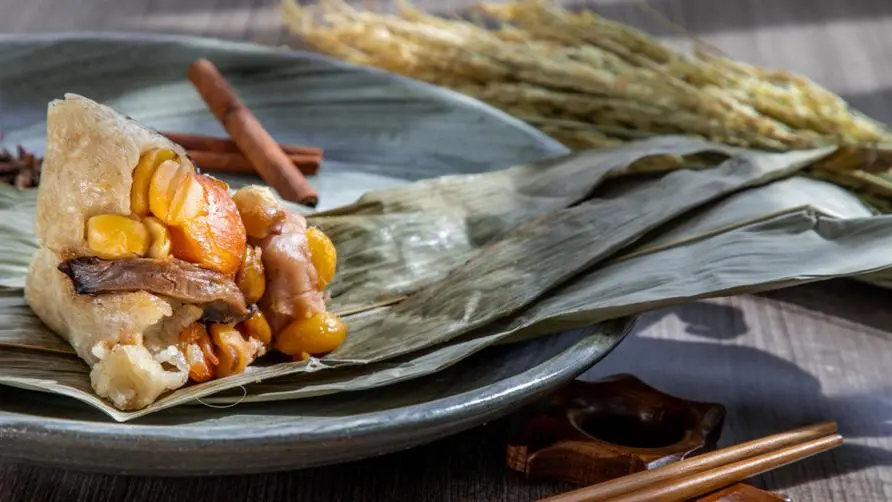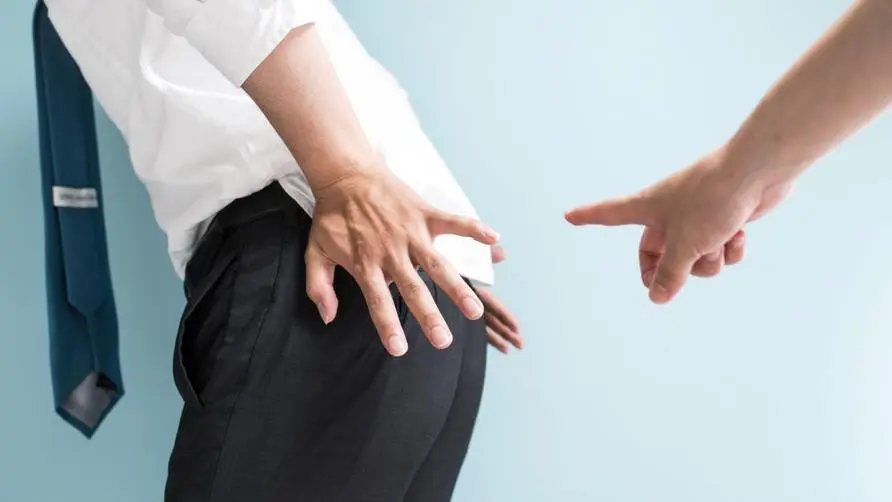Are you always bloated after eating? Nutritionists urge you to eat less of the "4 major gas-producing foods": not only drinking cola can aggravate symptoms

Do you always feel bloated after eating? “4 types of food” may aggravate symptoms
Modern people eat a lot of fish and meat, and socialize one after another after work. It is really difficult to avoid “bloating” after eating to the fullest. Many women still suffer from stomach bulges and bloating even if they don’t eat much in three meals. Troubled by conditions such as swelling. In fact, the causes of gastric bloating are widespread. If you can make adjustments to your diet and lifestyle, you can hopefully alleviate the discomfort caused by gastric bloating and help improve your appetite.
What are the causes of bloating? Most are related to bad habits such as indigestion, overeating, eating quickly, drinking too many fizzy drinks, and eating too many “gas-producing foods.” In particular, excessive intake of the following foods during three meals is more likely to cause gastric bloating and discomfort:
Beans. Beans contain indigestible sugars that can easily cause bloating.
Dairy products. People who are sensitive to lactose may experience bloating because their bodies lack the enzymes to digest it.
High fiber food. Although moderate intake is good for health, excessive consumption may cause gas accumulation in the intestines and stomach. For example, whole wheat or oat products need to be controlled in portion.
Carbonated drinks. Sparkling drinks can increase gas in the gastrointestinal tract and cause bloating.
What are some foods to relieve bloating? Can coriander and ginger be helpful?
If you are suffering from flatulence, it is recommended to include foods with the effect of “relieving flatulence” in your meals to alleviate the discomfort caused by flatulence as much as possible. For example, cutting ginger into shreds or cubes can help promote digestion and reduce flatulence. Coriander can not only relieve flatulence, but also relieve stomach discomfort; in addition, moderate addition of fennel to the diet can dispel gas and promote digestion.
In addition to food that can relieve flatulence, people who are prone to flatulence can also drink tea such as mint tea, ginger tea, and fennel tea. Peppermint tea can help relieve gas and indigestion, ginger tea can help promote gastrointestinal motility, and fennel tea can promote gas discharge and relieve gas and discomfort. In addition, health products such as enzymes and probiotics can also be taken in moderation. You should also drink plenty of warm water to reduce flatulence by relaxing the muscles of the digestive tract.
Is the problem of bloating related to “these diseases”? Nutritionist reveals 8 tricks to fight against gas
In summary, here are 8 ways to help relieve bloating:
Eat enzymes, probiotics, peppermint tea, etc. to help eliminate bloating.
Gently massage the abdomen and do light aerobic exercise after resting for 1 hour after meals.
If necessary, anti-flatulence drugs can be prescribed by a doctor.
Keep a food journal to track and record which foods may cause gas.
Slow down your eating speed and develop the habit of chewing slowly.
Avoid using straws to avoid drinking drinks too quickly.
Avoid overeating, especially foods high in fat and sugar, which are more likely to cause bloating.
Drink less sparkling drinks, especially when drinking them with meals.
We would like to remind the public that the causes of gastric bloating are not only related to diet and living habits! Indigestion, overgrowth of intestinal bacteria, intestinal diseases such as ulcerative colitis, Crohn’s disease, intestinal infections, food allergies, etc. may be the causes of flatulence. If you have the above problems, you should also reduce the consumption of gas-producing foods, such as soy products, dairy products, or foods high in oil and sugar. By adjusting your eating habits and lifestyle, you can effectively reduce the trouble caused by gastric bloating!
Further reading:





